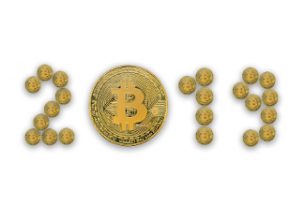The fact that Bitcoin, Ethereum, and other cryptocurrencies have suffered big losses in recent days due to the stock market turmoil is a sign that they are becoming real safe haven assets. Yes, you read that right. You might have expected them to increase in value while stock markets were plummeting, but that just isn’t how safe havens work.
In the long run, safe havens will outperform stock markets. But in the short term they often suffer the same losses. Why is that?
When financial markets start to collapse, particularly as the result of a black swan-type event such as the coronavirus, there’s a mad scramble for cash. Anything and everything that can be sold to generate cash is sold. That means stocks, bonds, gold, silver, cryptocurrencies, you name it. If it can be sold, it will be sold.
That’s why we’re seeing the paradox of gold and silver losing value right alongside stocks, and cryptocurrencies losing value right along with them. Many investors who are invested in cryptocurrencies are also invested in stocks, bonds, and other mainstream financial assets. They have expenses to cover and bills to pay. In many cases they’re happy to sell their cryptocurrencies, which are still positive for the year, in order to cover losses they’ve made elsewhere.
It’s in the longer term that we’ll begin to see cryptocurrencies pull away from stocks and establish themselves as real safe haven investment assets. Just as gold and silver saw double digit losses from their 2008 highs to the end of the year, so too will cryptocurrencies initially lose some value while the massive asset bubble that has been growing for the past decade is finally burst.
But once everything has shaken out, expect cryptocurrencies to establish themselves as a safe haven just as gold and silver are. Those who realize that investing in cryptocurrencies is an exercise in patience over the long run know that, and are willing to sit through the short-term price drops to realize even greater gains in the future.
This article was originally posted on Coin IRA.





